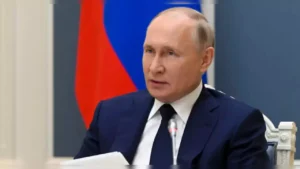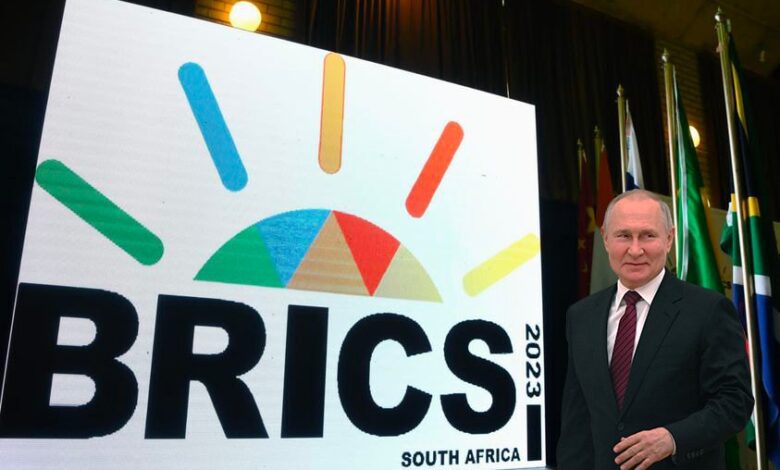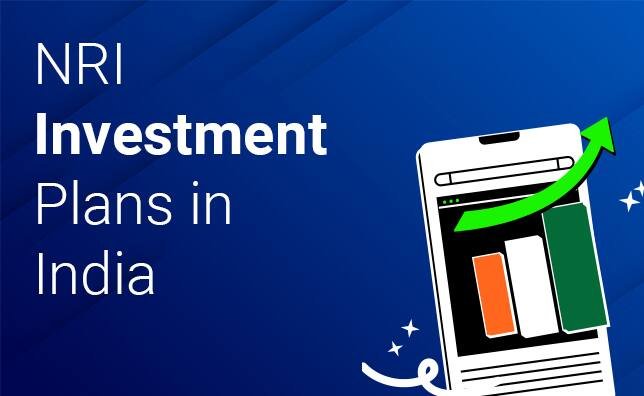Russian President Vladimir Putin has decided to forgo attending the BRICS summit in South Africa due to potential arrest threats. Instead, the Russian Federation will be represented by Foreign Minister Mr. Sergei Lavrov, with Putin participating virtually, while other leaders will be present in person.
Vladimir Putin’s decision to skip the forthcoming BRICS summit in South Africa next month comes as a notable setback. The move is significant considering his efforts to bolster ties with BRICS nations, namely India, China, Brazil, and South Africa, in response to perceived isolation from the US and Europe amid the Ukrainian conflict.
BRICS Summit Approaches: Global Community Observes Outcomes and Interactions
In light of an arrest warrant issued by the International Criminal Court (ICC) in March, linking President Vladimir Putin to alleged war crimes concerning the exiling of Ukrainian children, both the South African President and President Putin have reached a mutual decision that he will not attend the upcoming BRICS summit in South Africa. Instead, the Russian Federation will be represented by Foreign Minister Sergei Lavrov. Concerned about the possibility of arrest if he leaves Russian territory, Putin will participate in the summit virtually through video conferencing. This move comes as a response to the ICC’s warrant and aims to ensure his safety while maintaining engagement with the BRICS nations.
South Africa’s participation as a signatory to the Rome Statute puts them in a delicate position, bound by the decisions of the International Criminal Court (ICC). In 2015, the country faced international criticism when they declined to execute an ICC arrest warrant against the then-Sudanese President Omar al-Bashir during an African Summit.

Adding to the complexity, the main opposition party in South Africa, the Democratic Alliance, has sought legal action by asking a Pretoria court to compel the government to arrest the Russian President if he attended the BRICS summit. This move reflects the sensitivity of South Africa’s obligations to the ICC and the potential implications of hosting a leader with an outstanding ICC arrest warrant.
Given these circumstances, the decision for President Putin to participate virtually in the BRICS summit is a prudent response to avoid any potential diplomatic or legal complications during his visit.
President Putin’s decision to participate virtually in the BRICS summit serves the dual purpose of avoiding potential legal action while still actively engaging with other BRICS leaders and upholding Russia’s involvement in the summit. In his absence, Foreign Minister Lavrov will represent Russia and participate in the summit’s discussions.
The absence of President Putin highlights the increasing complexities that world leaders encounter in managing international relations while adhering to legal obligations. As the summit approaches, the global community will closely observe the outcomes and interactions among the participating nations, considering the significance of BRICS in shaping global cooperation and economic ties.
Also Read: https://indothinker.com/project-k-first-look-got-trolled/



